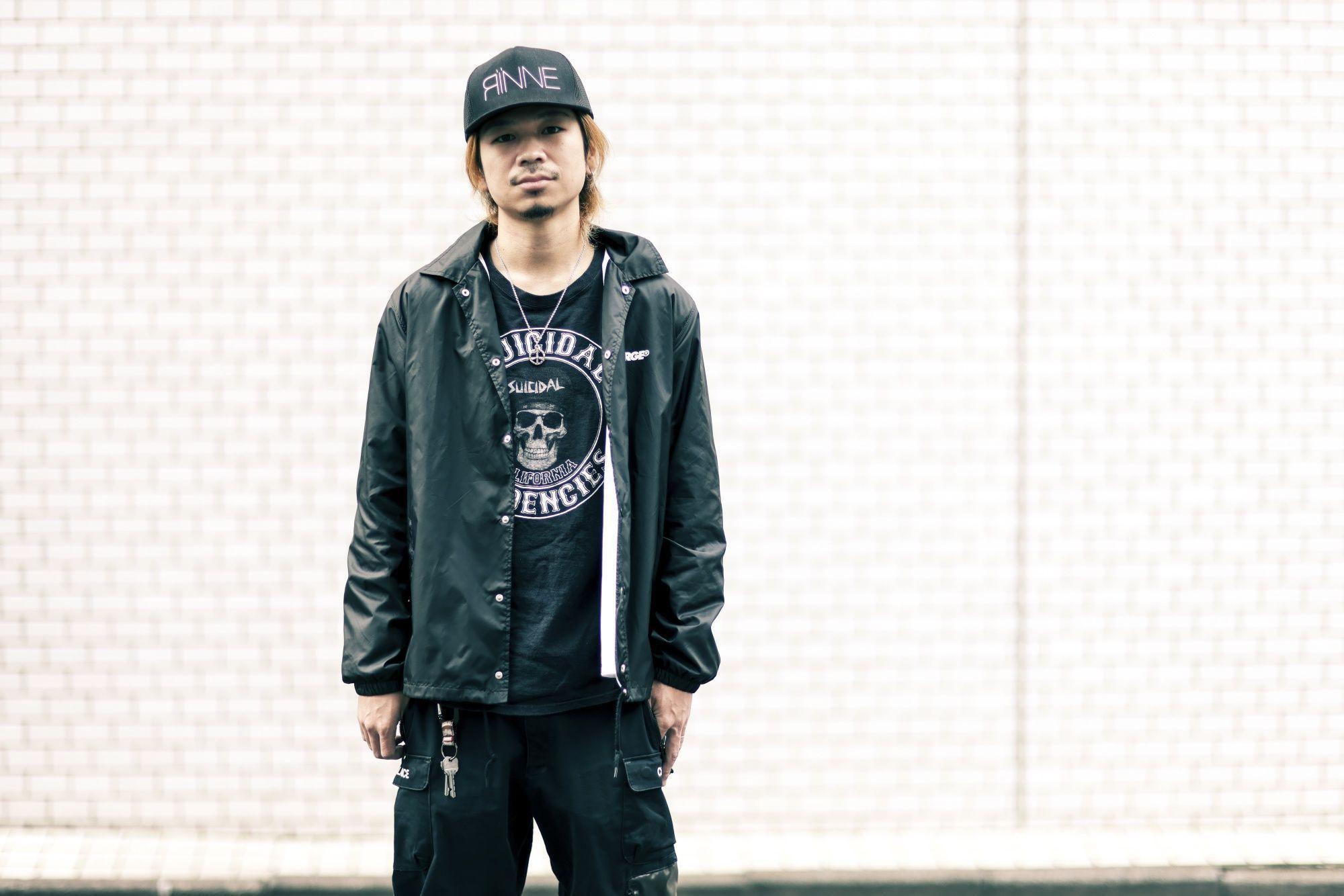Lt General D S Hooda (retd) who led the surgical strikes tells The Indian Express that the operation went according to plan and adds a serious option to India’s range of responses to terror attacks
As we near the first anniversary of surgical strikes, can we now know from you what really happened?
I know many books are coming out on the surgical strikes but many aspects remain classified and therefore I really can’t go into details. But broadly what happened was that we went across the Line of Control at multiple places under Pakistan’s 10 Corps and caught them by total surprise. It embarrassed the Pakistan Army so much that their immediate action was denial. And it shocked them so much that they went overboard in their reaction… Denial of leave to their soldiers, panicky messages about where the Indian Army could strike next, and very amateurish attempts to cover up the fact that they had been caught napping.
——Advertisement starts here ——
 NRIForShaadi.com World’s #1 App for NRI Matrimony. Thousands of members near your GPS Location. Download from NRIApps.com
NRIForShaadi.com World’s #1 App for NRI Matrimony. Thousands of members near your GPS Location. Download from NRIApps.com ———Advertisement ends here ———
What gave you sleepless nights when you decided upon the operation and when you were in the operations room as Special Forces were inside PoK?
The night that we were seeing the scenes of the surgical strike play out on our operations room screen was the most tense. To me the crucial part about the operation was not about the number of terrorists killed but the safe return of all our soldiers.
The operation was very complex with multiple targets to be struck on the same night, each with a unique profile. The difference in time between striking the first and last target was in hours. It was such an uplifting feeling when reports started coming in about different groups safely returning across the Line of Control. Daybreak had already broken by the time the last of our soldiers were back and so that one night was definitely sleepless.
The weight of authority is not easy. I was clear that the responsibility for the operation lay with my headquarters in Udhampur. The Army headquarters had given us complete freedom to plan the operation and any flaws in carrying out the strike were therefore mine. We spent a lot of time in discussing and refining the plans but when national prestige and lives of men are at stake, the worry of failure, however small, does constantly eat at you.
Have the goals of counter-terrorism, counter-infiltration and reduced violence in Kashmir, that were set for surgical strikes, been met?
The Army in Kashmir is a realist. The surgical strike goals were not really about finishing terrorism in Kashmir or drying up infiltration. It was about the range of our response to terrorism emanating from Pakistan. The signal that we wanted to send was that we would not limit our actions only on our side of the border but also hit Pakistan in their territory. This message was sent successfully and we scored a definite moral victory.
The strikes also had a very positive impact on our own soldiers. We had had a serious setback in the attack on the Uri garrison, and questions were being raised about our casualties and preparedness levels. Our soldiers also needed to see that the loss of their lives would not go unpunished.
Can India do another surgical strike tomorrow, if there is another Uri-like terror strike? Or should be wary of Pakistani retaliation? Were you wary of retaliation after the strikes?
Of course, we were wary of retaliation. But the moment Pakistan refused to acknowledge the strike, we knew we had won the moral battle. Pakistan did step up infiltration and we had incidents of mutilation of soldiers but those were tactical actions to regain some lost ground. I wish these incidents had not happened but the Line of Control is a brutal place and these are the realities. Incidentally, our response to the mutilation was very strong and completely directed at the Pakistani Army.
Can we do another surgical strike? The answer is a resounding Yes. In some ways, the glass ceiling has been shattered. The Special Forces have gained tremendous confidence in their ability to execute a complex operation in very hostile territory. They have been exposed to the planning processes that go into making such operations a success. These are major positives.
Should we do a surgical strike after the next terror attack? Each situation is different and no templates can be put. I think we have added one more serious option in our range of responses.
Looking back after a year, is there anything you would do differently about the surgical strikes?
How do you measure success? To me, it was both about executing the task and returning safely. We had to kill terrorists. But hundred terrorists killed and one soldier left behind would have been a failure.
The operation was a complete success and so I really would not touch any part of the plan and do it differently. There were many who contributed — Corps commanders, my Chief of Staff, the operations and intelligence branch under an outstanding Major General, and the Air Force. However, the biggest credit obviously belongs to those who slipped across the Line of Control and put their lives on the line. They carried on their shoulders not only our hopes of success but also the heavier burden of failure. They were outstanding.
Many trans-LoC operations have been conducted when you were in service, and as you are aware, some of them have gone even deeper inside PoK than the surgical strikes. Why are the surgical strikes then so significant or unique?
Read More @ indianexpress
Contact PhoenixGMN or PhoenixInfomedia.in for all your App & Web design development needs. Other services include – SEO, Online Promotion, Digital Marketing, App Explainer Videos, eShops & much more. Checkout Our Handpicked Apps Portfolio & Videos here – https://goo.gl/DzcCWd



